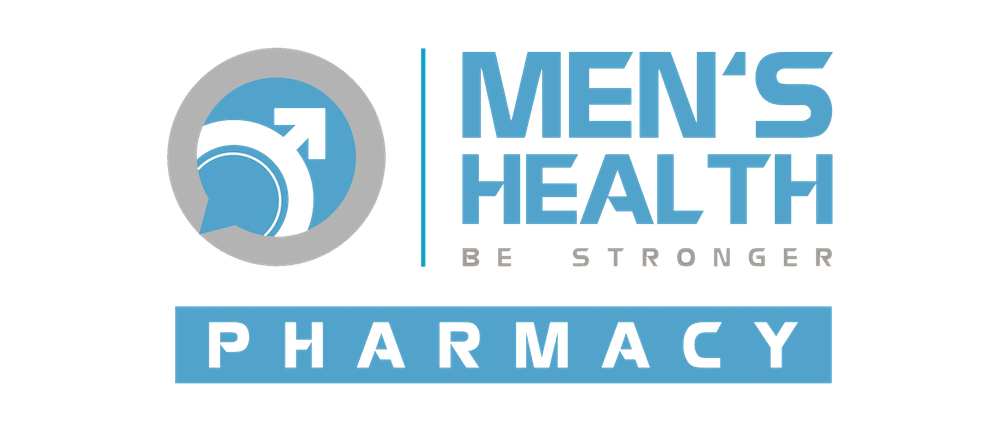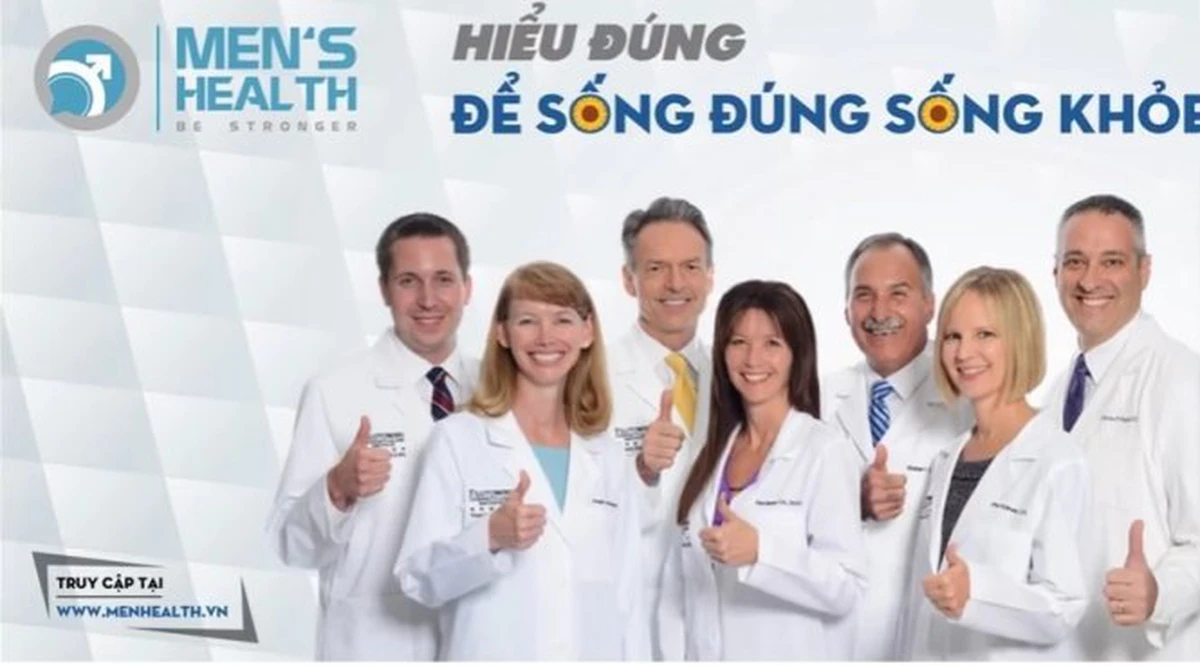(This article is for informational purposes only)
There’s a rather unfortunate truth: most sex education programs for adolescents tend to focus only on heterosexual relationships. Meanwhile, important issues related to lesbians, gay men, bisexuals, transgender, and intersex individuals are often overlooked.
Because of this, the rate of sexually transmitted diseases (STDs) within the LGBT community remains relatively high. It’s important to understand that one’s gender identity is not a personal choice — and everyone deserves equal access to education and healthcare.
Let’s take a closer look at sexually transmitted diseases!
According to the U.S. Centers for Disease Control and Prevention (CDC), around 20 million STD cases are treated annually, and nearly half occur in people aged 15 to 24.
In developing countries like Vietnam, that number is even higher.
Common STDs include gonorrhea, chlamydia, HPV, syphilis, herpes, and HIV.
These infections spread through unprotected sexual contact — including oral, vaginal, and anal sex — as well as sharing personal items like towels or bathtubs with infected individuals.
Most STDs can be treated effectively with antibiotics, but since many cases show no symptoms, they often go undiagnosed and untreated — leading to further transmission and complications.
Safe Sex in Same-Sex Relationships
1. Oral Sex
Oral sex can be an amazing experience for many couples, regardless of gender or orientation. It’s a common form of intimacy that brings excitement, novelty, and strong sexual stimulation.
Tips to make oral sex safer and more enjoyable:
- Clean your genitals before engaging in oral sex.
- Use a tongue condom (oral condom) for protection.
- Apply a bit of lubricant to increase pleasure for your partner.
- Protect the penis — but don’t forget that your mouth also needs protection!

2. Anal Sex
Anal sex can be an enjoyable experience for people of any gender identity or sexual orientation — as long as it’s done safely and consensually.
Safety and comfort tips:
- Poppers: These help relax the anal muscles and make penetration easier.
- Lubricant: The anus doesn’t produce natural lubrication, so lube is essential. It prevents tearing, pain, infections, and transmission of diseases like syphilis, gonorrhea, HIV, and chlamydia.
- Condoms: Choose the right size, check expiration dates, and ensure there are no holes.
If you’ve had unprotected sex, consider using PrEP immediately to reduce your risk of HIV infection.
Condoms are a must-have — stay safe, stay worry-free!

3. Protecting the Vagina
Protecting your partner’s vagina also means protecting yourself.
- Use a dental dam (rubber barrier) during oral sex.
- Use lubricant if natural vaginal fluids are insufficient — friction can cause tiny cuts, leading to pain and increased risk of STD transmission.
You can even make your own dental dam from a condom by cutting it open — simple, safe, and effective!

4. Using Sex Toys Safely
Sex toys like vibrators or dildos can help enhance pleasure for individuals and couples. They stimulate internal and external body parts and can be a great addition to your sex life — as long as you use them safely.
Safety tips:
- Always use condoms on sex toys — whether for vaginal, anal, or oral use.
- If sex toys or items like towels or brushes come into contact with bodily fluids (semen, vaginal fluid, saliva, or blood), never share them.
- If sharing is unavoidable, clean them thoroughly with soap and water before use.
Avoid sharing sex toys to reduce the risk of transmitting STDs.

5. Using Hands — Safely!
Hands and fingers are powerful tools for stimulating genitals, nipples, or the anus. But they can also spread infections if not used properly.
Tips:
- Wash hands thoroughly with soap and water.
- Trim your nails before play.
- Use lubricant to enhance comfort and reduce irritation.
- While transmission through hand contact is rare, using gloves can further reduce your risk.
6. Regular STD Testing
Unprotected sex significantly increases the risk of infection. Get tested at least every 6 months to detect and treat diseases early. Early treatment increases recovery chances and prevents transmission to partners and family members.
Beware of fake or low-quality condoms — they can reduce protection and increase STD risk.
Visit Men’s Health Pharmacy (Hotline: 0911 161 161) for authentic condoms and professional consultation on HIV prevention with PrEP after unprotected sex.







